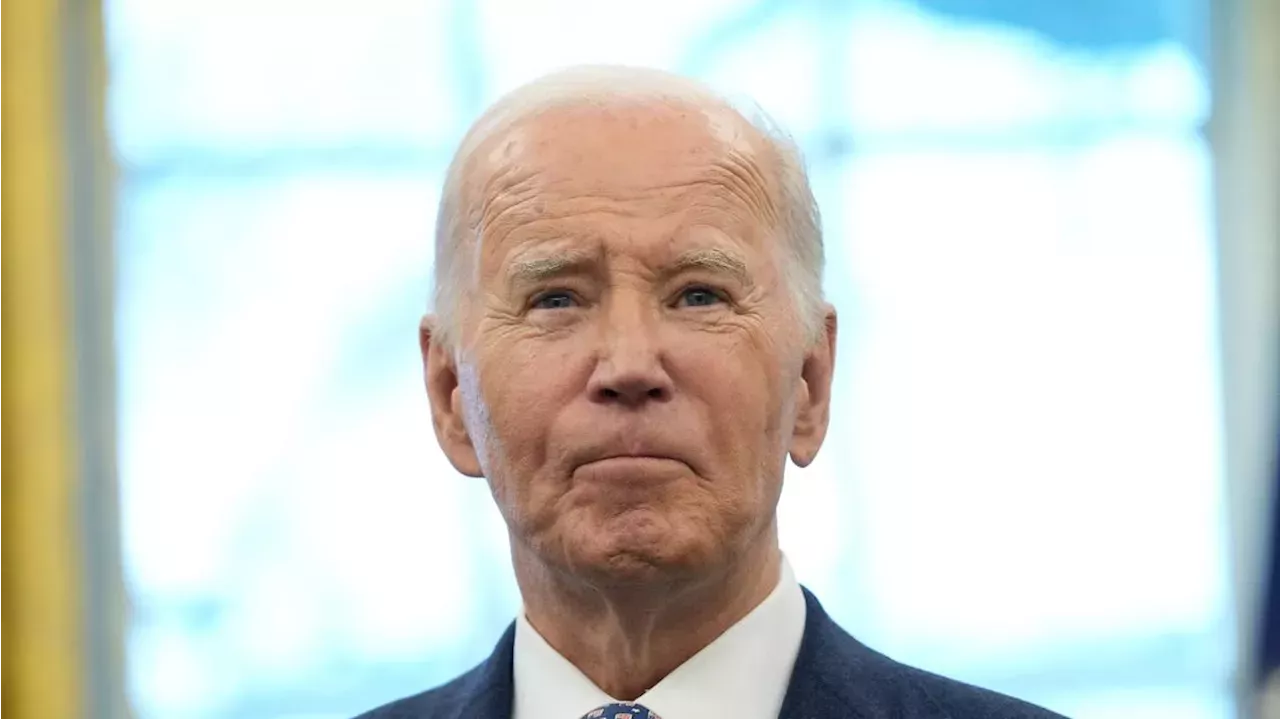The technology behind rapidly-growing AI models is spurring a new debate over global trade and how nations keep technological trade secrets in country.Biden during a photo opportunity with Medal of Valor recipients in the Oval Office of the White House, Jan. 3, 2025.
A tech industry group, the Information Technology Industry Council, warned Raimondo in a letter last week that a hastily implemented new rule from the Democratic administration could fragment global supply chains and put U.S. companies at a disadvantage. Another group, the Semiconductor Industry Association, said Monday it was disappointed that the policy was being “rushed out the door” before a presidential transition.
Government officials said they felt the need to act quickly in hopes of preserving what is perceived to be America's six- to 18-month advantage on AI over rivals such as China, a head start that could easily erode if competitors were able to stockpile the chips and make further gains. Under the framework, roughly 20 key allies and partners would face no restrictions on accessing chips, but other countries would face caps on the chips they could import, according to a fact sheet provided by the White House.
Institutions in certain countries could also apply for a legal status that would let them purchase up to 320,000 advanced graphics processing units over two years. Still, there would be limits as to how much AI computational capacity could be placed abroad by companies and other institutions.
